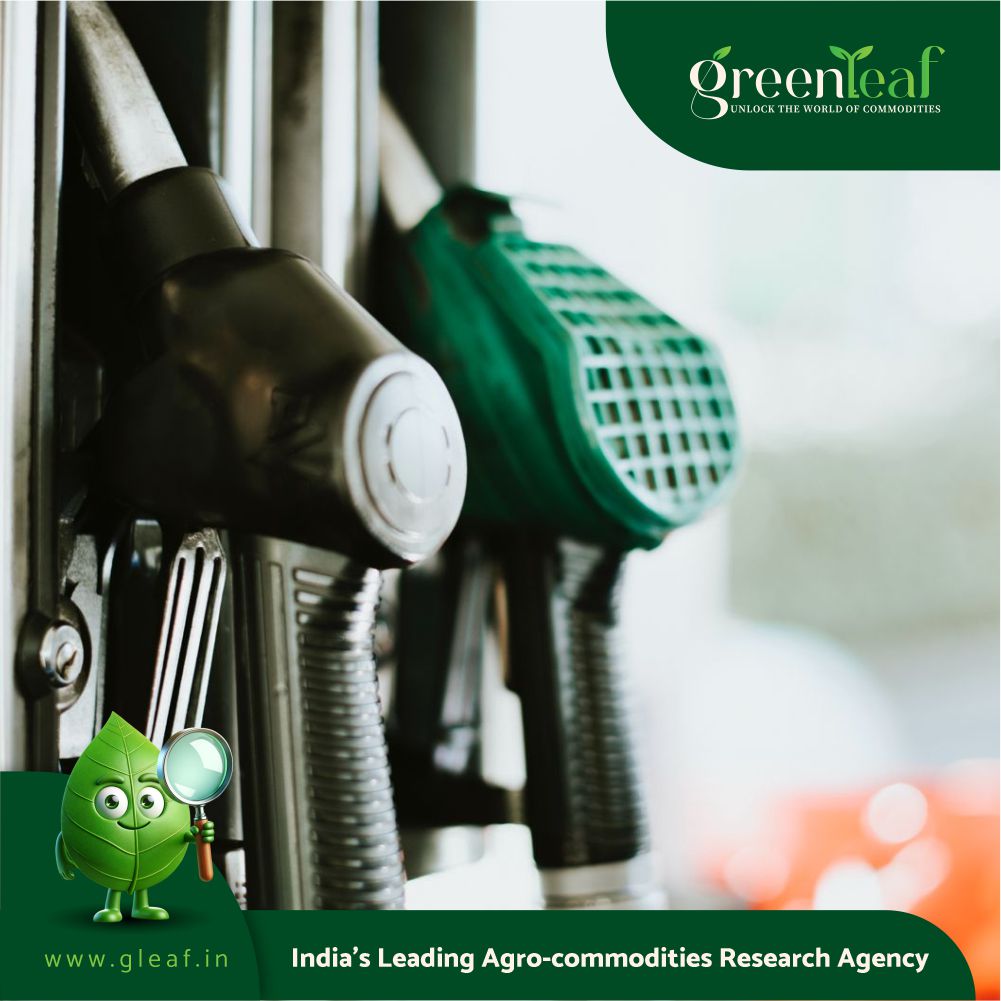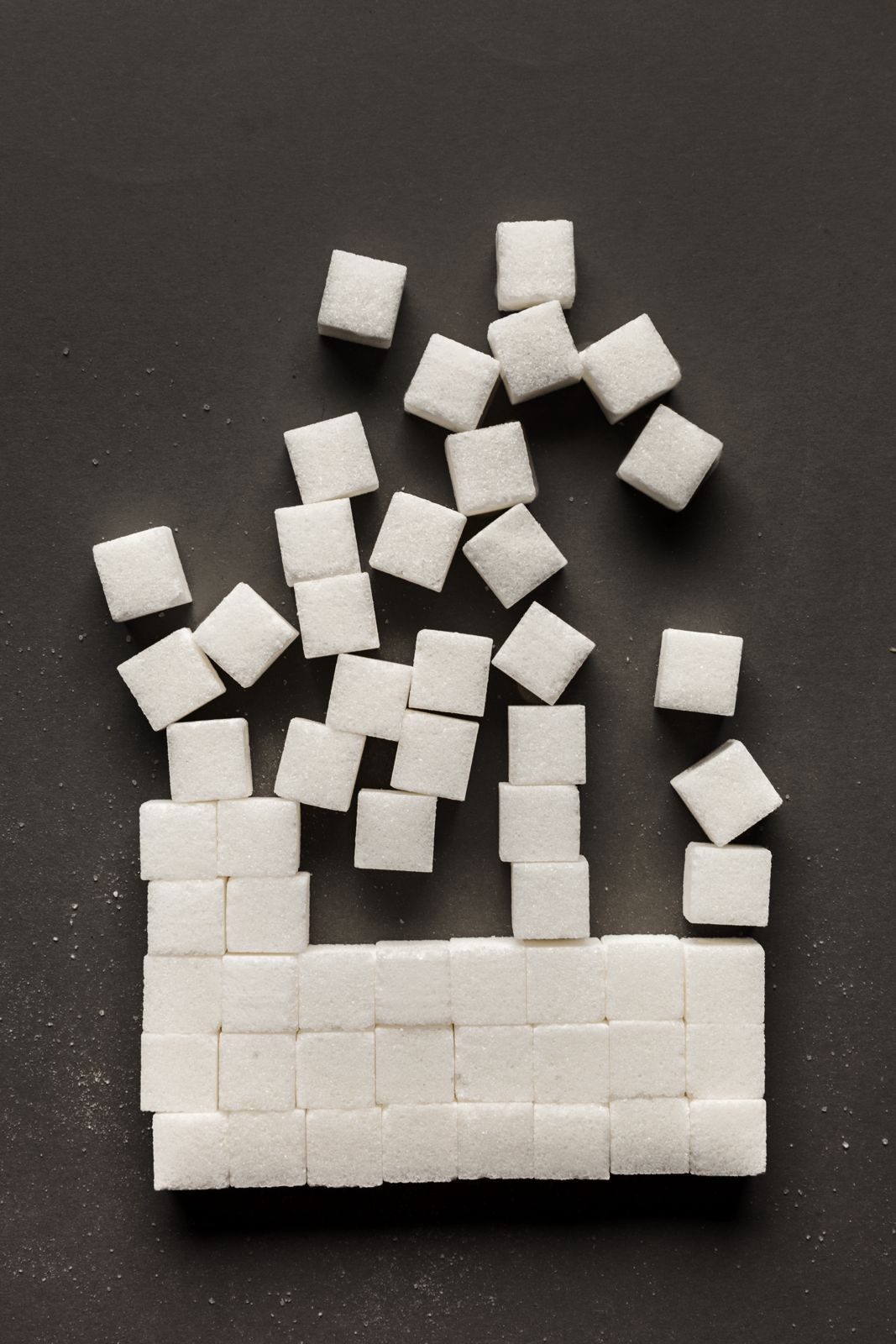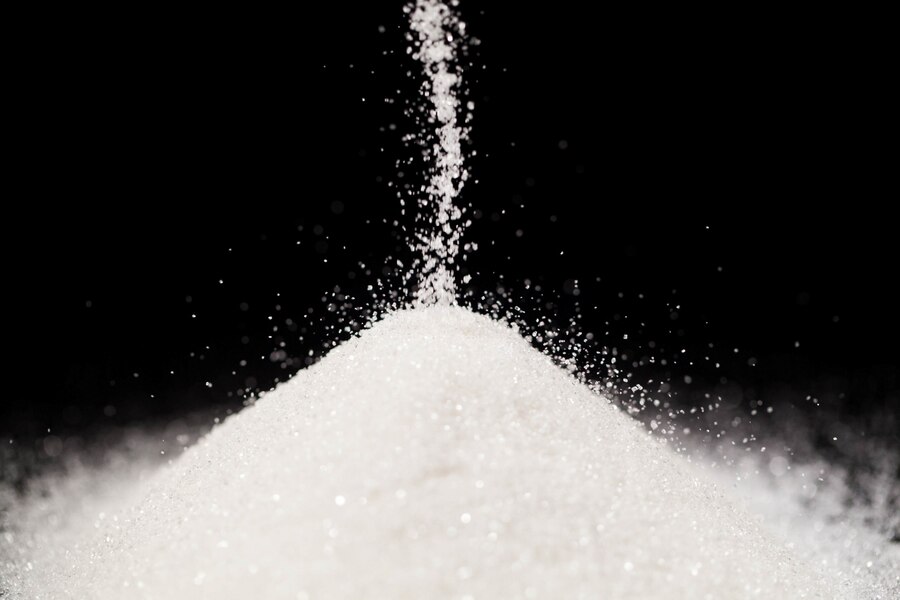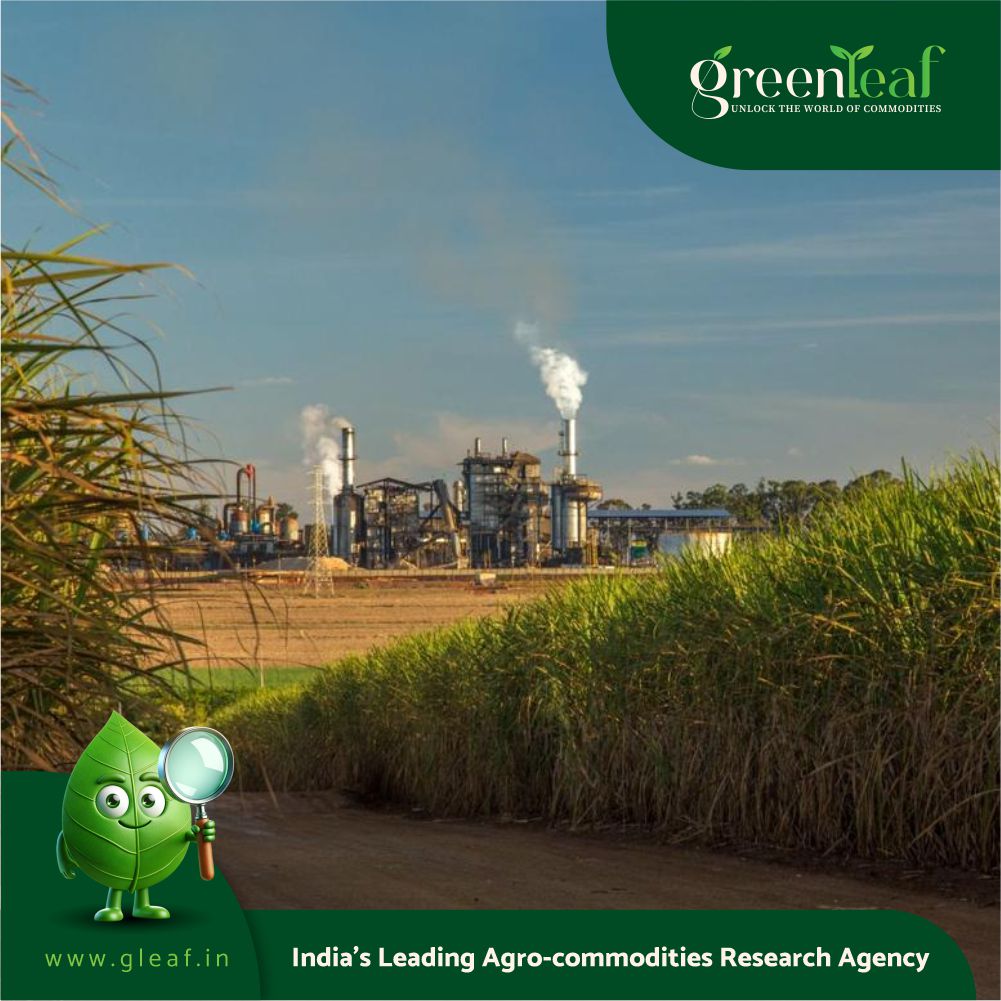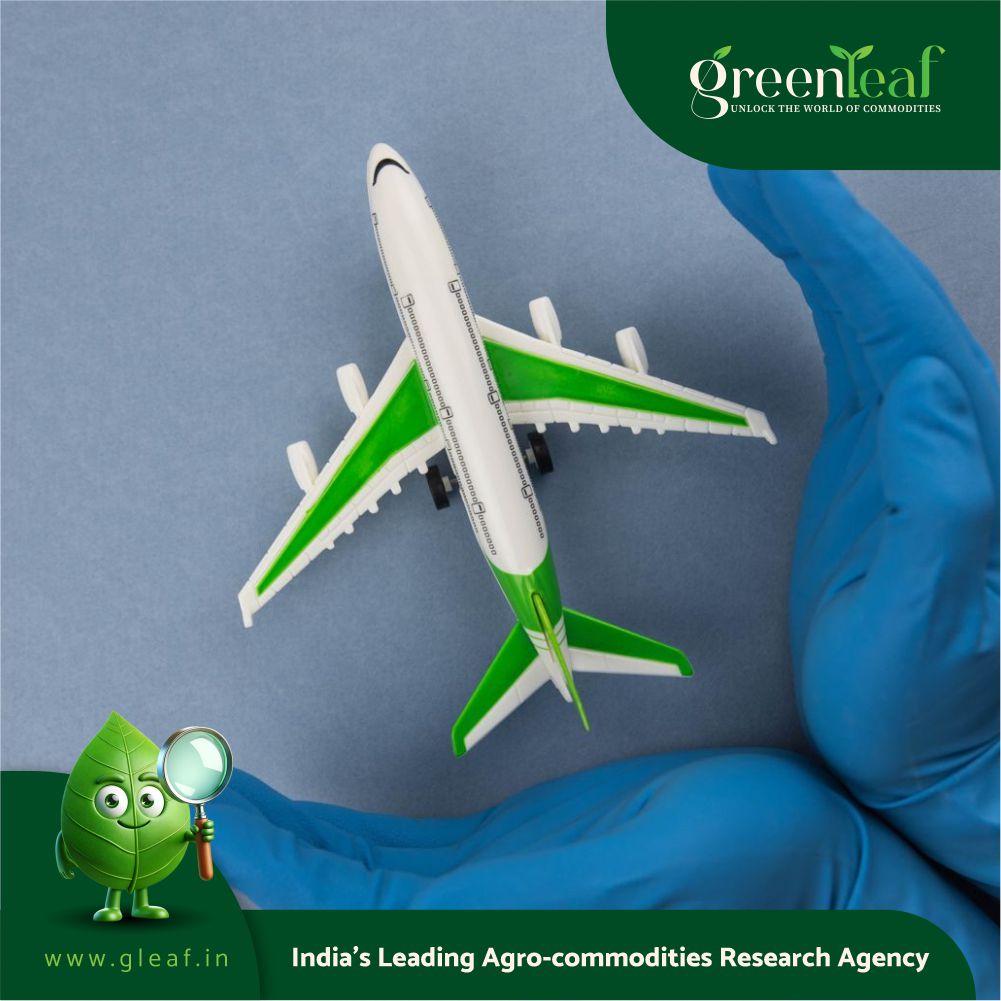Farmers and ethanol industry players say that Indonesia is not yet ready to implement the government’s planned mandatory E10 biofuel policy, citing the lack of a clear national roadmap for ethanol development.
Under the E10 program, gasoline producers will be required to blend 10 percent ethanol into all fuel types, with full implementation targeted between 2027 and 2028.
However, the domestic ethanol sector remains far from capable of meeting demand, said Izmirta Rachman, Chairman of the Indonesian Spirit and Ethanol Producers Association (Apsendo).
“The government hasn’t shown real commitment to developing the ethanol industry. Installed capacity is only 303,325 kiloliters per year, while we need around 3 million kiloliters for all gasoline types − or at least 800,000 kiloliters for non-subsidized fuel like Pertamax,” Izmirta told Katadata.co.id on Thursday, October 9, 2025.
He noted that current ethanol production capacity capable of supplying fuel-grade ethanol stands at only 60,000 kiloliters.
“Before questioning the industry’s readiness, we are still waiting for the government to finalize a national ethanol development roadmap,” Izmirta said.
While ethanol plants can technically upgrade their facilities by adding distillation columns to achieve higher purity levels required for fuel blending, producers are holding off on such investments.
Izmirta explained that businesses are reluctant to commit funds until the government guarantees domestic ethanol absorption under the E10 mandate.
“At the moment, E5 production through Pertamax Green is still very limited, so ethanol producers are not yet interested in upgrading their product quality,” he added.
On the agricultural side, the Indonesian Sugarcane Farmers Association (APTRI) reported that national sugarcane production currently stands at around 30 million tons, yielding approximately 1.6 million tons of molasses − the main feedstock for ethanol − between 2022 and 2024.
According to Apsendo data, it takes four tons of molasses to produce one ton of ethanol, meaning Indonesia would need roughly 12 million tons of molasses annually to meet E10 demand.
APTRI Secretary General M. Nur Khabsyin said that implementing E10 is only realistic once Indonesia achieves self-sufficiency in sugar. He added that farmers have become increasingly hesitant to plant sugarcane after the government opened ethanol imports earlier this year through Trade Ministry Regulation No. 16/2025.
“Even though the regulation has been revised, farmers remain cautious about planting or expanding their sugarcane fields,” Nur said.
He emphasized that boosting molasses production will only be possible if the government ensures fair domestic sugar absorption and improves import policies that have long hurt local growers.
“Imported sugar often floods the market during the harvest season, pushing farmgate prices below production costs. The government must show serious support for sugarcane farmers, because ethanol comes directly from molasses,” Nur said.
Both Apsendo and APTRI urged the government to set a clear roadmap and strengthen supply chain integration between farmers and ethanol producers to ensure the success of the E10 mandate.

